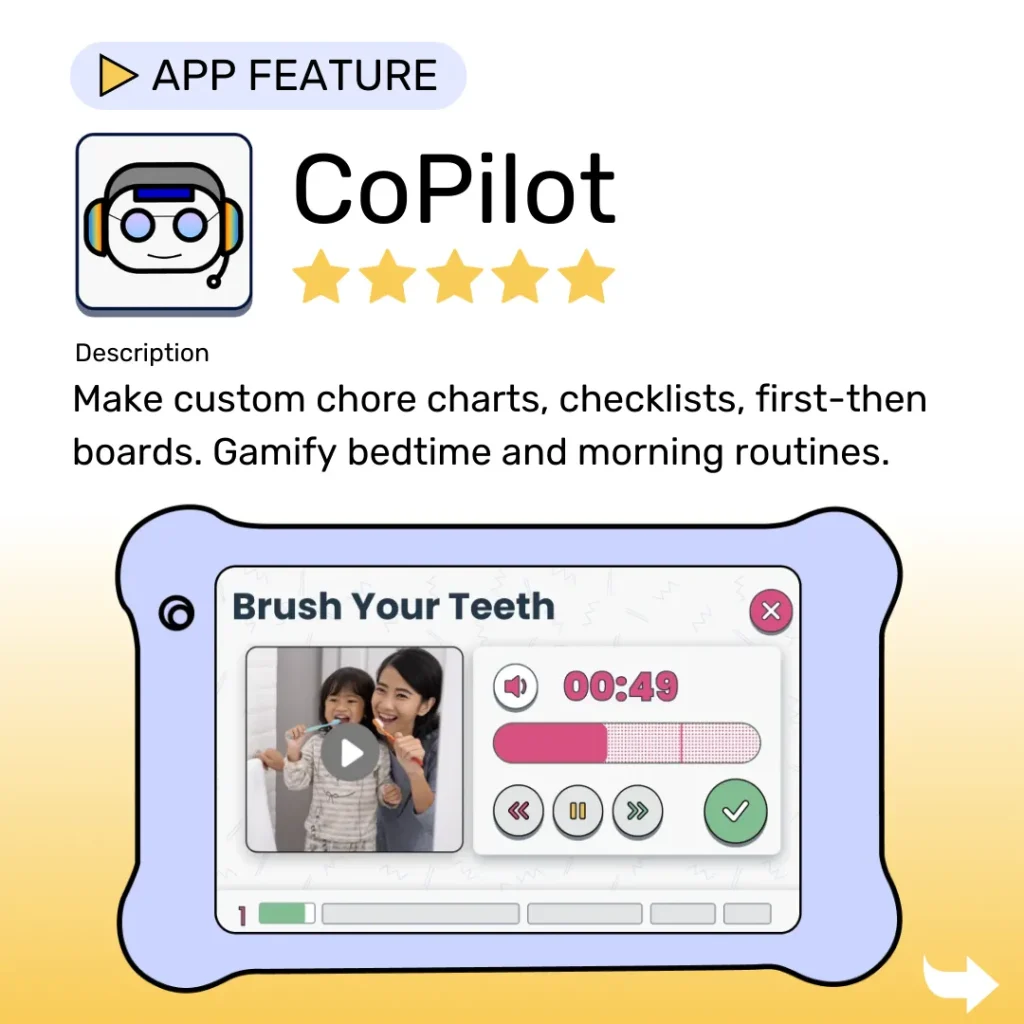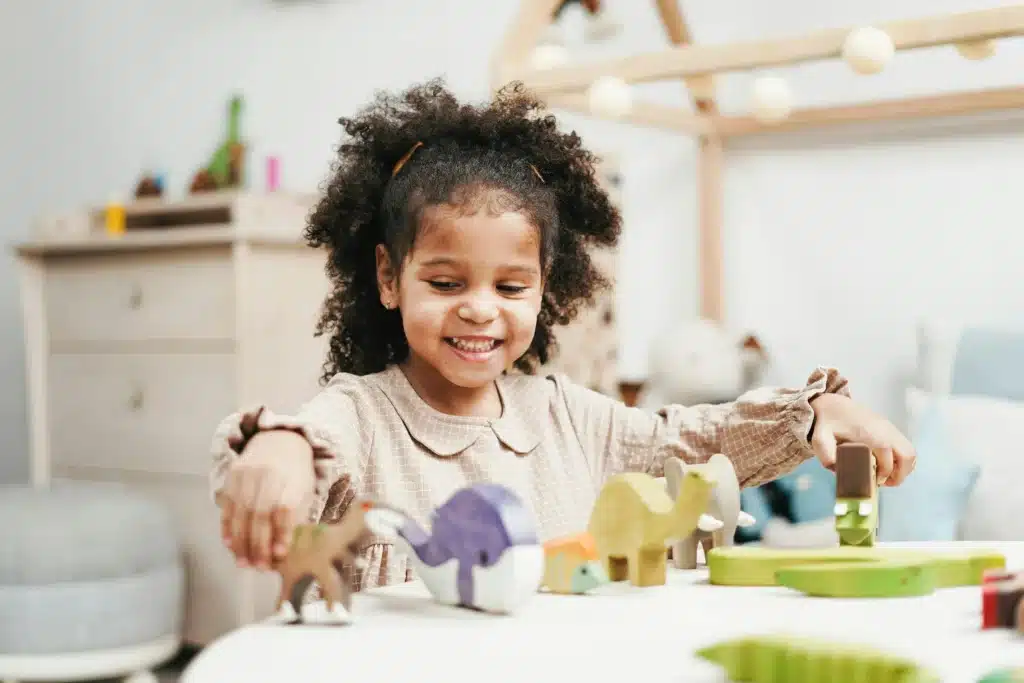As someone who works closely with kids, I’ve seen firsthand the challenges that come with developmental delays. But I’ve also witnessed the incredible resilience and growth that can happen when children receive the right support and encouragement. I remember this one little girl, let’s call her Lily, who struggled with speech and communication. At first, she seemed hesitant and withdrawn, but with time and patience, she blossomed into a confident and expressive child. Stories like Lily’s inspire me to share what I’ve learned about helping kids with developmental delays.
Table of Contents
Embrace the Power of Play
One of the most effective ways to support a child’s development is through play. Can’t you picture your kid splashing around in that water park? I know I can. Play is a natural way for children to learn and explore the world around them. Activities like play-dough, slime, or putty can help improve fine motor skills. At the same time, pretend play fosters imagination and social skills.
According to a study by the University of Cambridge, children who engage in pretend play have better language abilities and emotional regulation skills compared to their peers who don’t engage in pretend play as often.
SPONSORED BY: Goally
Goally’s Kid’s Tablet has one of the largest libraries of skill-building videos (like “How to Share” and “What To Do When You’re Lost”) in the Goal Mine app.👇
Embrace the Power of Reading
Reading with your child is another fantastic way to support their development. Not only does it promote language skills, but it also nurtures a love for learning and imagination. Consider incorporating interactive reading techniques, such as asking questions about the story or encouraging your child to make predictions. According to a study by the American Academy of Pediatrics, reading aloud to children can improve their language development, literacy skills, and cognitive abilities.
Create a Consistent Routine
Children with developmental delays often thrive with structure and predictability. Creating a consistent routine can help them understand what’s expected of them and reduce anxiety or confusion. Use visual schedules or written instructions to help your child follow the routine.

Reduce Background Noise and Distractions
When giving instructions or engaging in learning activities, minimize background noise and distractions. Children with developmental delays may have difficulty filtering out irrelevant stimuli, making it harder to focus and process information.
Break Skills into Smaller Steps
Complex tasks can be overwhelming for children with developmental delays. Breaking skills into smaller, manageable steps can help them feel more confident and successful. For example, if your child is learning to tie their shoelaces, practice the individual motions before combining them into the full sequence.
Encourage Persistence and Celebrate Progress
Patience and encouragement are key when working with children with developmental delays. Celebrate every small victory and progress, no matter how insignificant. This positive reinforcement will motivate your child to keep trying and build confidence.

Read more: Speech Delay Test for Kids
Set Achievable Goals and Provide Extra Time
Work with your child’s therapists, teachers, and caregivers to set individualized, achievable goals. Remember, every child develops at their own pace, so be flexible and provide extra time for your child to complete tasks or master skills.
Recognize and Nurture Your Child’s Strengths
While it’s essential to address areas of difficulty, it’s equally important to recognize and nurture your child’s strengths and interests. This boosts their self-esteem and provides opportunities for them to shine and experience success.
Goally | Apps To Support Child Development
Looking for fun ways to help your child learn life skills? Try Goally! The Goally tablet comes with award-winning learning apps and video classes to help kids develop the skills they need to become independent with FUN & evidence-based practices.

Our apps teach executive function, language, emotional regulation, finger dexterity skills, and more.
As your child develops new skills, you can increase the difficulty level of the tasks in the app to challenge and motivate them even further. This helps your child grow and progress at their own pace, while also keeping them engaged and excited about their development.

Supporting a child with developmental delays is a journey filled with challenges but also immense joy and fulfillment. By embracing play, reading, routine, and patience, you can create an environment that nurtures your child’s growth and potential. Remember, every child is unique, and progress may seem slow at times. Still, with love, understanding, and the right strategies, they can thrive and reach their full potential.
Helpful Resources
FAQ’s About How to Help a Child With Developmental Delay
What are some ways to help a child with developmental delay?
Provide structure with visual schedules, break tasks into smaller steps, and use positive reinforcement.
How can I improve my child's communication skills?
Read aloud together often and encourage pretend play to boost language development.
How can I make learning activities more effective?
Reduce distractions and provide extra time for your child to process information.
How can I motivate my child with developmental delays?
Celebrate small victories, set achievable goals, and focus on their strengths.
What resources are available for parents?
Organizations like CDC, Understood.org, and LD Online offer valuable information and support.
Emily is a seasoned blog writer for Goally, leveraging her extensive background in child psychology and special education to provide valuable insights and resources for parents. Her commitment to understanding and addressing the unique needs of these children, combined with her expertise in educational strategies, makes her a credible and empathetic voice for families.






